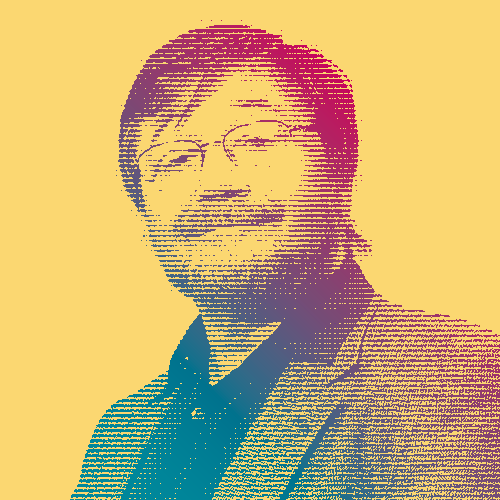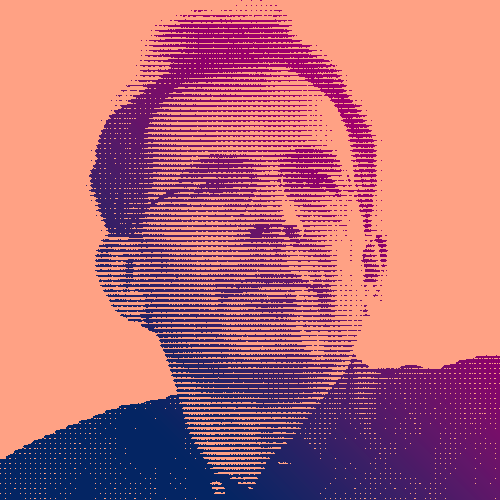Winner of the Turing Award in 2011, Judea Pearl (1936) is a man of many talents. Delving into electrical engineering, computer science and statistics, not to mention the philosophy of science, he doesn’t only find connections but also draws wide-reaching conclusions.
Pearl was born in Tel Aviv to Polish Jewish immigrants. After studying engineering, he hopped over the Atlantic to complete his graduate studies and started working at the RCA Research Laboratories and then Electronic Memories, Inc. developing physical devices like superconductive parametric amplifiers and memory systems — although he was already fascinated by the potential of intelligent systems.
Interdisciplinary intuitions
When the semiconductor “wiped out” his work, he saw it as an opportunity to change tack and plunge into academia. In 1969, he started teaching engineering at the University of California, Los Angeles (UCLA). Within a year, he was a professor at the newly formed Computer Science Department, where he liked to mix in generous amounts of causality and statistics including probability and decision theory. He also became Director of the Cognitive Systems Laboratory he founded. Today, he still holds both positions.
“You cannot answer a question that you cannot ask, and you cannot ask a question that you have no words for.”
A new framework for Artificial Intelligence
He is most famous for establishing a probabilistic approach to AI and developing Bayesian networks (to define complex probability problems) — as well as the principal algorithms used for inference in these models. This would not only revolutionize AI but also become an important tool in natural sciences and engineering.
Let’s not forget that he also developed a mathematical framework for causal inference, added new levels of rigor and depth to AI research and revolutionized our understanding of causality in everything from statistics to psychology and medicine. His insatiable curiosity also extended to the philosophy of science, learning and knowledge representation.
Beyond science
When he lost his son, American journalist Daniel Pearl, to Al Qaeda-related terrorists, he set up the Daniel Pearl Foundation in his name to promote cross-cultural understanding. He is also a keen musician and had been known to perform impromptu piano recitals or trumpet imitations during his early conferences.
With 350 papers and 3 landmark books to his name, Pearl has made a lasting impact on the world of computer science with far-reaching consequences.
Key Dates
-
1982
Going Back to Bayes
Judea Pearl publishes "Reverend Bayes on Inference Engines: A Distributed Hierarchical Approach", a paper that begins the probabilistic revolution in AI.
-
2002
The Daniel Pearl Foundation
On their son’s death, Judea and his wife Ruth set up the Daniel Pearl Foundation to promote “mutual respect and understanding among diverse cultures through journalism, music and dialogue.”
-
2011
Pearl wins The Turing Award
Judea Pearl earns the Turing Award from the Association for Computing Machinery (ACM) for his contribution to Artificial Intelligence through calculus for probabilistic and causal reasoning.




